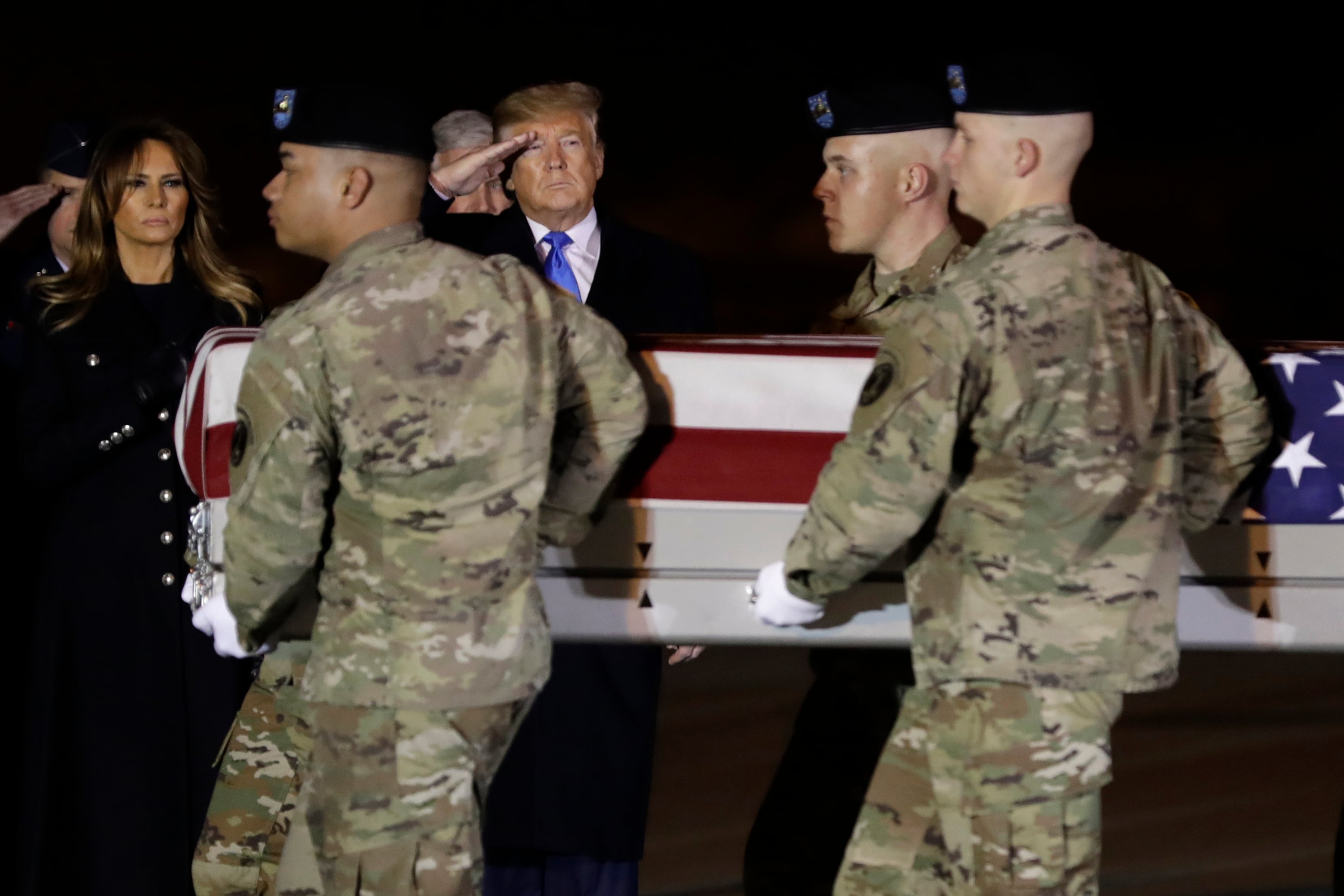As I write this we are well into the holiday season and are confronted with two unpleasant realities; the seemingly endless conflict in Afghanistan, and the seemingly endless partisanship in Congress. I would like to share a personal Christmas memory of mine, along with a suggestion for our leaders and legislators.
On the evening of Dec. 21, 1989, I was working late at the radiology department in the National Naval Medical Center at Bethesda, Maryland. I received a phone call from nearby Walter Reed Army Hospital. There was an urgent need for two radiologists to assist in the autopsies that were to be performed the next day at the military morgue at Dover Air Force Base in Delaware. Twenty-three servicemen had been killed during the invasion of Panama, Operation Just Cause, and most were being flown to Dover that evening.
Across the hallway from my office was Lt. Cmdr. Rick Sullivan, a Navy radiologist with a ready smile and prominent Boston accent, who also had the misfortune of working late that night. He agreed to drive with me to Dover early the following morning. The need for radiologists to take part in an autopsy was not unusual. In cases of combat casualties, radiologists can help the pathologists determine the exact cause of death. At that time there was also concern about the possible presence of unexploded ordnance embedded within the deceased servicemen. We needed radiology to ensure that the physicians performing the autopsies were not in danger.
Rick and I arrived at Dover Air Force Base the following morning and witnessed the most somber scene imaginable; the large hanger with the bodies of 19 young men being quietly and respectfully prepared for autopsy by the Air Force morgue staff. It was one of the saddest moments of my life. I would later look back on it as one of the proudest and most meaningful moments of my Navy career. Throughout that day, Rick and I read the X-rays, consulted with one another and made our reports to the pathologists prior to each autopsy being performed. It was a very gloomy ride home to Bethesda for Rick and me that evening. I remember the irony of hearing Christmas music on the car radio and thinking about the families who would have nothing to celebrate that Christmas.
RELATED

This is the memory I have when I hear politicians pontificate about “sending troops” somewhere. They are usually not veterans who have seen combat deaths. They certainly have the legislative authority to vote for armed conflict and to send our military into harm’s way. Sometimes it’s necessary. But in my opinion, a politician will never have the moral authority to send our troops off to some distant war until they have personally witnessed the consequences of their vote, until they have been to a place like Dover.
We would be a better nation if our politicians took time from their partisanship to discover the real cost of their decisions. I strongly encourage them to spend a day at Dover where our incredibly young, fallen warriors return in order to be properly prepared with dignity for the last leg of their journey in a flag-draped casket, to their heart-broken families. After a politician has been to Dover, he or she will be morally qualified to vote for armed conflict — but not until then.
Steven J. Fagan, a retired Navy Reserve captain, is a 1967 graduate of the U.S. Naval Academy. His early career was as a naval aviator, including a tour in Vietnam. Most of his career was in the Navy Medical Corps as a neuroradiologist, including a tour aboard Comfort during Operation Desert Shield / Storm.
Editor’s note: This is an Op-Ed and as such, the opinions expressed are those of the author. If you would like to respond, or have an editorial of your own you would like to submit, please contact Military Times managing editor Howard Altman, haltman@militarytimes.com.





